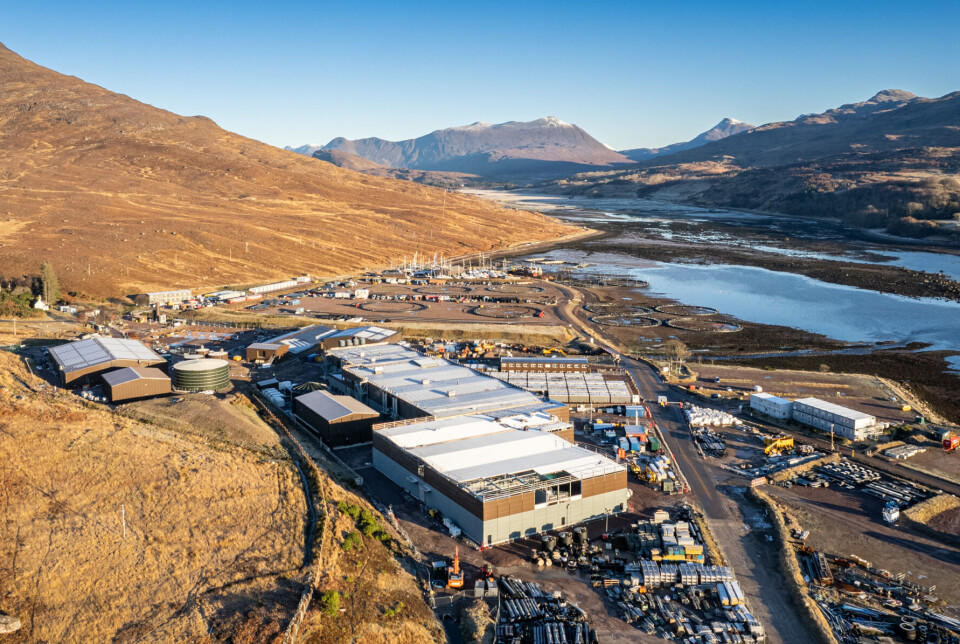
Bakkafrost Scotland cut operating loss last year but overall deficit increased
Salmon farmer Bakkafrost Scotland reduced its operating loss by 37% last year compared to the £30 million lost in 2022, but still ended 2023 with an operational deficit of £19m.
“A very strong performance during the first half of the year was offset by continued challenges from environmental blooms, jellyfish and related gill health during the third quarter however the impact of this was lower than in previous years as the company benefited from its significant investment in freshwater and lice treatment capacity,” directors wrote in Bakkafrost Scotland Ltd’s 2023 annual report, published last Friday.
“Following the success of the Ronja Star (currently Scotland’s biggest wellboat, equipped with freshwater and an FLS delousing system - editor), a second lice treatment system was added to our chartered freshwater treatment vessel the Ronja Fisk, resulting in a significant improvement in lice control and overall fish health.”
Less volume, more revenue
Bakkafrost Scotland’s revenue last year was £187m, up from the £164m made in 2022 despite a lower harvest of 20,600 gutted weight tonnes (2022: 23,800 gwt). Financial loss after tax was £47.5m, worse than the year before, when the Scottish operation lost £31.4m.
The company, owned by Faroese salmon farmer Bakkafrost Group, invested £38.5m (2022: £54m) in Scotland last year, which included spending on its recirculating aquaculture system (RAS) hatchery and post-smolts facility at Applecross.
“The strategy of increasing the size of the smolt transferred to sea using freshwater RAS technology will significantly reduce biological risk by reducing time spent in the marine environment, particularly during summer when higher seawater temperatures present challenges to salmon. Rearing salmon for longer in on-land RAS facilities will also result in simpler operations, provide optimal and stable water quality and allow safe, energy efficient and cost-efficient production.”
Work on the fifth and sixth phases of the Applecross development began last year, and the facility is expected to be fully operational in 2025. When complete, it will have a capacity of 28,000m³, enabling the production of up to 4,000 tonnes of smolts per annum. That’s the equivalent of 8 million smolts with an average weight of 500g.























































